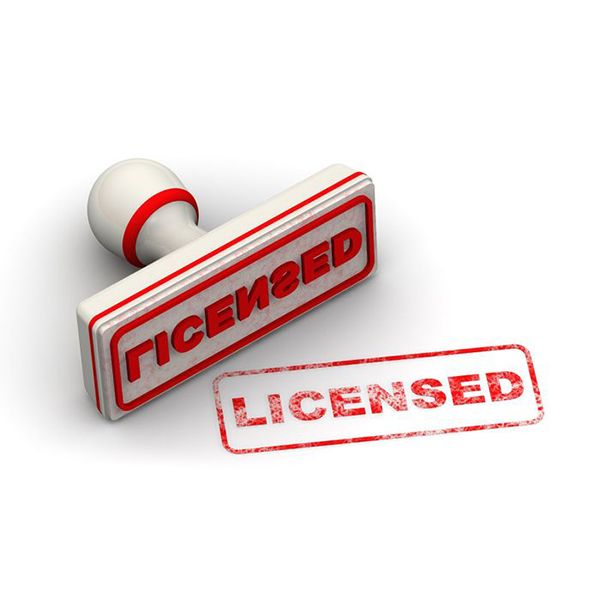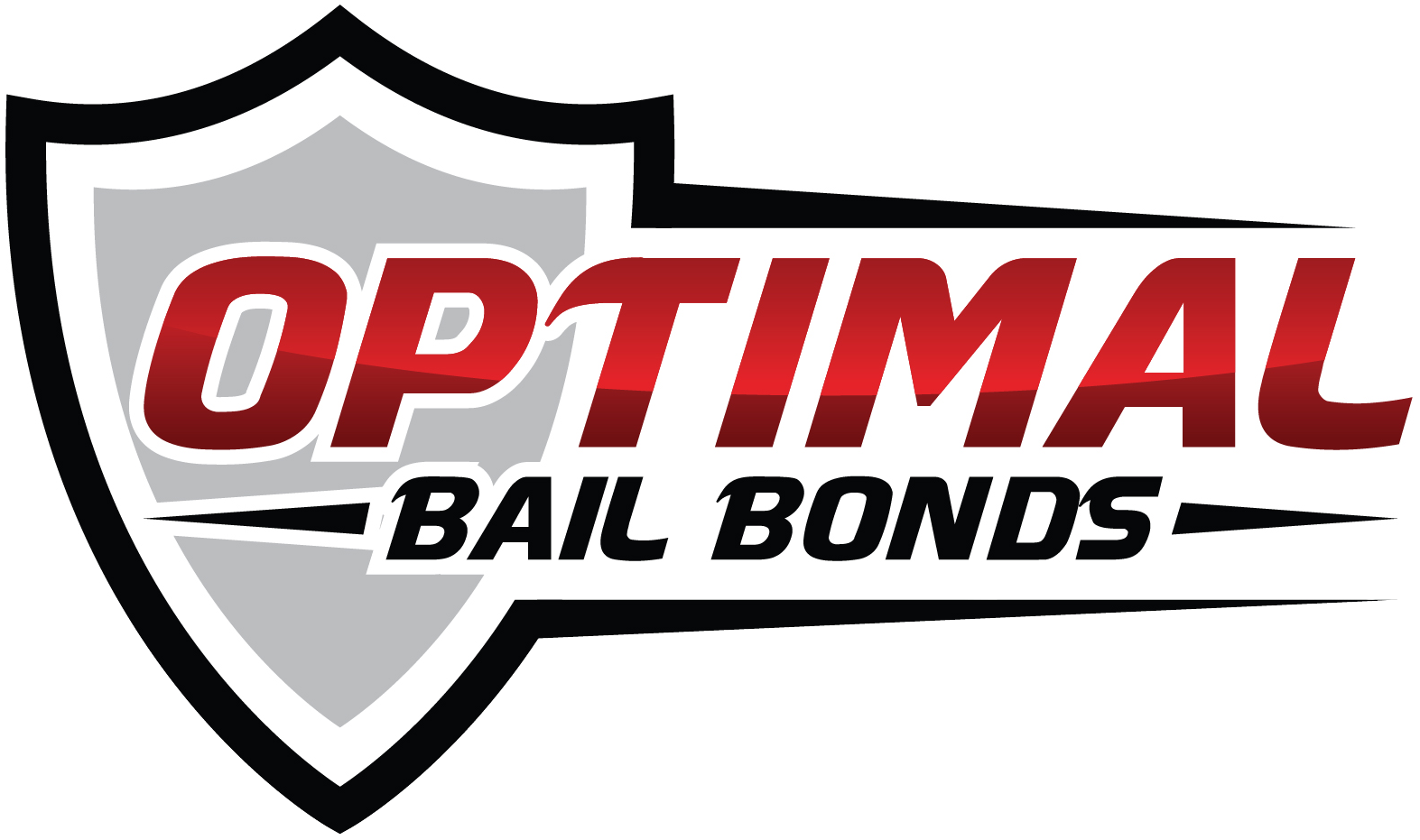In Florida, the bail bond system bridges the gap between defendants' constitutional rights and public safety. Defined under Chapters 648 and 903 of the Florida Statutes, the framework ensures a fair and regulated process for pretrial release. With a comprehensive understanding of these laws, Optimal Bail Bonds stands out as a trusted partner in navigating this complex system. Whether you're seeking professional bail bond services or exploring the industry's regulatory landscape, this guide provides valuable insights into licensing, operations, and legal obligations in Florida.
Key Insights from Chapters 648 and 903
Navigating Florida's Bail Bond System: Understanding Chapters 648 and 903
Florida's bail bond system plays a crucial role in balancing defendants' rights with public safety. Governed by Chapters 648 and 903 of the Florida Statutes, this framework ensures that pretrial releases are both fair and regulated. With a deep knowledge of these laws, Optimal Bail Bonds emerges as a reliable ally in understanding and navigating this intricate landscape. Whether you need professional bail bond services or want to gain insights into industry regulations, this guide offers key information on licensing, operations, and legal obligations within Florida's bail bond framework.

Licensing and Regulation of Bail Bond Agents
Chapter 648 outlines vital licensing requirements for bail bond agents:
- Qualifications: Candidates must complete a state-approved education program, pass examinations, and clear background checks.
- Licensing Authority: The Department of Financial Services supervises licensing, ensuring agents adhere to ethical and professional standards.
- Continuous Education: Agents must participate in ongoing education to stay updated with legal and procedural changes.

The Foundation of Florida Bail Bonds
Chapter 903 establishes that bail is a key method of pretrial release for defendants. This chapter highlights:
- Rights and Protections: Every defendant has the constitutional right to bail, as long as it’s not excessive.
- Types of Bonds: These include cash bonds, surety bonds, and recognizance bonds, each ensuring defendants appear in court.
- Surety Obligations: Bail bond agents (sureties) guarantee defendants will comply with court orders, facing forfeiture if obligations are unfulfilled.

Operational Guidelines for Bail Bond Businesses
or bail bond agencies, legal compliance is essential:
- Office Standards: Chapter 648 requires proper signage, operational hours, and meticulous record-keeping.
- Ethical Practices: Acts such as offering rebates or soliciting business directly from jail are prohibited.
- Collateral Management: Collateral against bonds must be managed responsibly and returned promptly upon the bond's resolution.
Start Your Journey Today with Online Classes
Embarking on a career as a bail bondsman is just a course away. Enroll in the essential 120-hour pre-licensing program and start your training conveniently with online classes and webinars. Study at your own pace and from the comfort of your home, allowing you to balance professional commitments while acquiring essential knowledge. This flexible format caters to busy individuals seeking to enhance their skills and enter the dynamic field of bail bonding.
Understanding Florida's bail bond system is the first step toward a successful career as a bail bondsman. With the right training and knowledge of regulations, you can excel in this field. Discover more about the licensing process and begin your journey today. Contact us today for guidance and resources!
